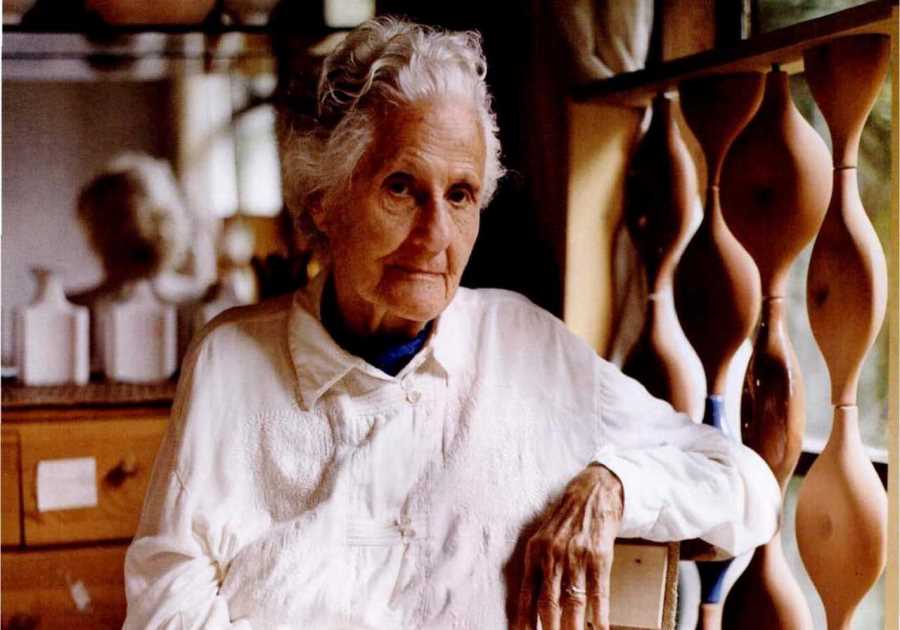For many people, having children provides a built-in safety net for later life—a generation that can help manage estates, make healthcare decisions, and preserve family memories. But for child-free couples, that future can look very different, especially when they outlive their closest relatives. Without immediate family to rely on, issues like inheritance, caregiving, and legacy planning take on new urgency. The question isn’t just what happens to your assets, but who steps in to make crucial decisions when you no longer can. Understanding what happens when child-free couples outlive their closest relatives can help ensure your hard work, wealth, and values don’t vanish with time.
1. The Estate Automatically Follows Legal Defaults
When child-free couples don’t have an estate plan in place, their assets typically follow state intestacy laws. This means property, savings, and investments go to the next of kin—siblings, nieces, nephews, or distant relatives—whether you intended that or not. If no living relatives remain, the state can claim your estate through a process called escheatment. That’s when your hard-earned assets revert to the government instead of going to a charity, friend, or organization you might have cared about. For child-free couples who outlive their closest relatives, having a will or trust is the only way to ensure control over where everything goes.
2. Appointing the Right Executor Becomes Critical
An executor—or personal representative—is responsible for managing your estate after you’re gone. For child-free couples without close family, appointing a trustworthy executor can be a challenge. Relying on distant relatives or friends may not always be practical or fair to them. Some people choose a professional fiduciary, attorney, or financial institution to carry out their wishes. This ensures your estate is handled objectively, without emotional complications, especially when child-free couples outlive their closest relatives and have no natural heirs to oversee their legacy.
3. Planning for Healthcare and End-of-Life Decisions
End-of-life planning becomes even more crucial when there are no immediate family members to advocate for your wishes. Child-free couples need to create advance directives, living wills, and healthcare proxies that clearly outline medical preferences and name trusted individuals to make decisions if they become incapacitated. Without these documents, hospitals and courts may appoint someone unfamiliar—or even a state guardian—to take control. That lack of control can lead to care decisions that go against your personal beliefs or values. Proactive planning guarantees your healthcare choices are respected, even in the absence of family.
4. Avoiding the Isolation Trap in Later Life
When child-free couples outlive their closest relatives, the emotional and social impact can be just as significant as the financial one. Many older adults face loneliness or isolation when their support networks fade away. Building community intentionally—through friendships, volunteer work, or local organizations—helps fill that gap. Some retirees even move into cohousing communities or join “intentional living” groups designed for mutual support. Investing time in relationships outside of family not only provides companionship but can also create informal networks that help with care and decision-making later in life.
5. Choosing Charitable Giving or Legacy Beneficiaries
For many child-free couples, philanthropy becomes an appealing way to leave a mark when they outlive their closest relatives. Donating to charities, universities, or local causes can turn personal values into lasting impact. Establishing a charitable trust or donor-advised fund allows couples to direct where their assets go while benefiting from tax advantages during their lifetime. Some even name friends or caregivers as beneficiaries to recognize those who were meaningful in their later years. With thoughtful planning, your legacy can continue to make a difference long after you’re gone.
6. Securing Long-Term Care Without Family Assistance
As people age, the need for daily support—whether through assisted living, home healthcare, or long-term facilities—often becomes unavoidable. For child-free couples who outlive their closest relatives, the lack of family caregivers means they must rely on professional services. Long-term care insurance, savings accounts, or hybrid life insurance policies can help cover these future costs. Without such planning, care expenses can quickly deplete an estate. Preparing early ensures both partners maintain dignity, independence, and access to quality care without becoming financial burdens.
7. Naming Legal Guardians for Pets or Sentimental Assets
When family ties end with you, even small personal details—like who cares for your pets or treasured belongings—require forethought. Many child-free couples consider their pets family, but if they outlive their closest relatives, those animals could end up in shelters without proper planning. Including pet trusts or specific instructions in your will guarantees continued care for your companions. Similarly, sentimental assets like family heirlooms, photographs, or creative works deserve intentional direction. It’s about ensuring your life’s story continues in meaningful hands, even without bloodline successors.
8. Digital Legacies and Modern Estate Considerations
Today’s estates extend beyond money and property—they include digital assets such as social media accounts, online subscriptions, and cryptocurrencies. When child-free couples outlive their closest relatives, these assets often become inaccessible or lost if not documented properly. Naming a digital executor and maintaining an updated inventory of accounts can prevent complications later. Password management tools and secure records are invaluable here. In an increasingly digital world, managing your online presence is just as vital as managing your physical one.
Leaving a Legacy That Speaks for You
Outliving your closest relatives doesn’t mean fading into obscurity—it means taking control of how your life’s work and values endure. Child-free couples have the unique freedom to define legacy on their own terms, whether through philanthropy, friendship, or purposeful planning. By addressing estate, healthcare, and long-term care needs early, you create peace of mind that extends beyond finances. The goal isn’t just to prepare for the end—it’s to live fully, knowing your story will be remembered exactly as you wish.
Have you or someone you know started planning for a legacy without immediate family? Share your insights or questions in the comments below!
What to Read Next…
7 Fresh Approaches to Estate Planning Without Heirs
Who Gets Your Estate If You Have No Children?
Considering Beneficiaries: Estate Planning Without Descendants
Estate Planning Essentials: 9 Things DINK Couples Need to Know About Wills and Trusts
Fundamentals of Estate Planning: Secure Your Legacy with Confidence
------------Read More
By: Catherine Reed
Title: What Happens When Child-Free Couples Outlive Their Closest Relatives?
Sourced From: www.dinksfinance.com/2025/10/what-happens-when-child-free-couples-outlive-their-closest-relatives/
Published Date: Thu, 16 Oct 2025 13:00:36 +0000
Did you miss our previous article...
https://trendinginbusiness.business/finance/7-investments-that-seem-smart-but-break-marriages-apart
.png)





